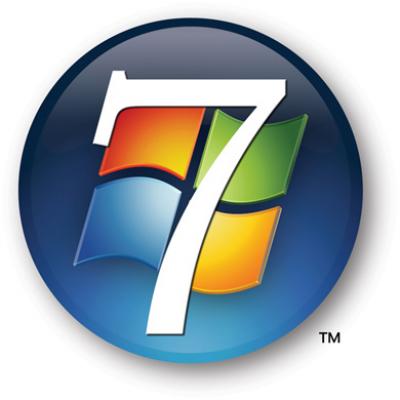Microsoft Reveals Details About The Retirement Of Windows 7

Mainstream support will end next year, but security updates will be provided all the way until 2020
Microsoft has announced more details about the way it plans to retire Windows 7, currently the world’s most popular desktop operating system.
The company plans to finish providing the so-called ‘mainstream support’ on 13 January, 2015. After this date, it will stop changing the design of the OS and adding new features, but will continue providing ‘extended support’, which includes free security updates, until 14 January, 2020.
By publicising the change early on, Microsoft apparently hopes to avoid the problems that surrounded end of support for Windows XP. Despite repeated warnings, many organisations failed to upgrade their desktops before the April 2014 deadline, causing a storm of bad publicity for the company. Some of the customers were forced to get expensive extended support contracts, including the UK government.
The beginning of the end
End of support refers to the date on which the software vendor stops providing automatic fixes, updates and online technical assistance.
 According to Microsoft’s lifecycle policy, operating systems have a lifespan of around a decade. Windows 7 was launched in October 2009, and the mainstream support will finish next year.
According to Microsoft’s lifecycle policy, operating systems have a lifespan of around a decade. Windows 7 was launched in October 2009, and the mainstream support will finish next year.
On 13 January, Microsoft will stop issuing non-security updates not just for Windows 7, but also Windows Server 2008 and Exchange Server 2010. It will continue issuing free security updates for a further five years, and give customers the opportunity to pay for optional hotfixes.
The company has already stopped shipping Windows 7 to Original Equipment Manufacturers (OEMs) on 31 October 2013, the past Halloween.
It will instruct OEMs to stop selling systems with pre-installed Windows 7 Home Basic, Home Premium and Ultimate later this year, once again on 31 October. The end of sales deadline for the Professional version hasn’t been made official yet.
However, this doesn’t mean that the support cannot be extended further – for example Windows XP, launched in October 2001, was officially supported for 13 years, with Microsoft pushing back the deadline due to popular demand.
Meanwhile in China, where up to a quarter of PCs still run Windows XP, a number of companies have announced their own support services for the obsolete OS.
How well do you know the history of Windows? Take our quiz!